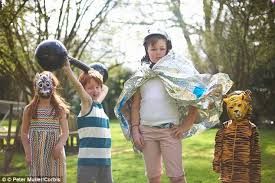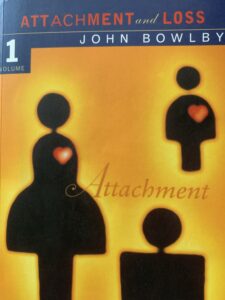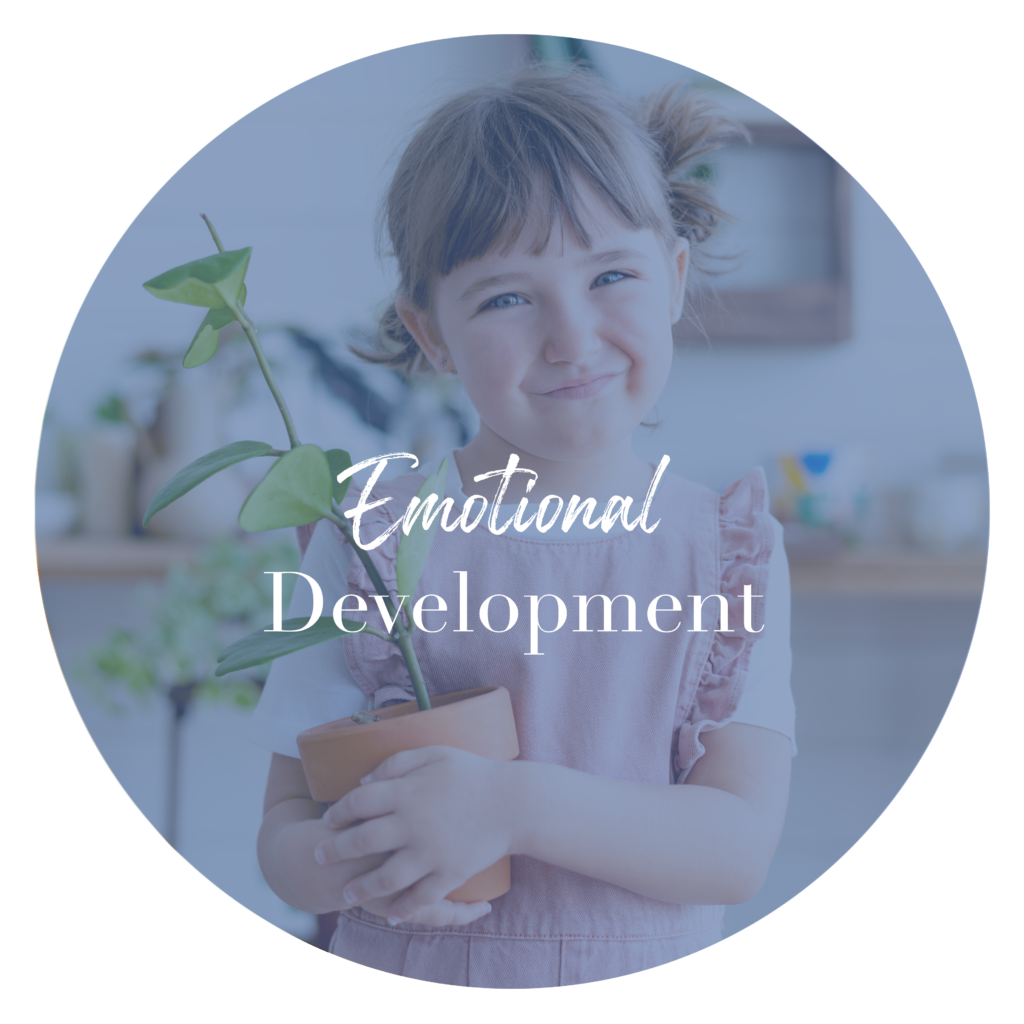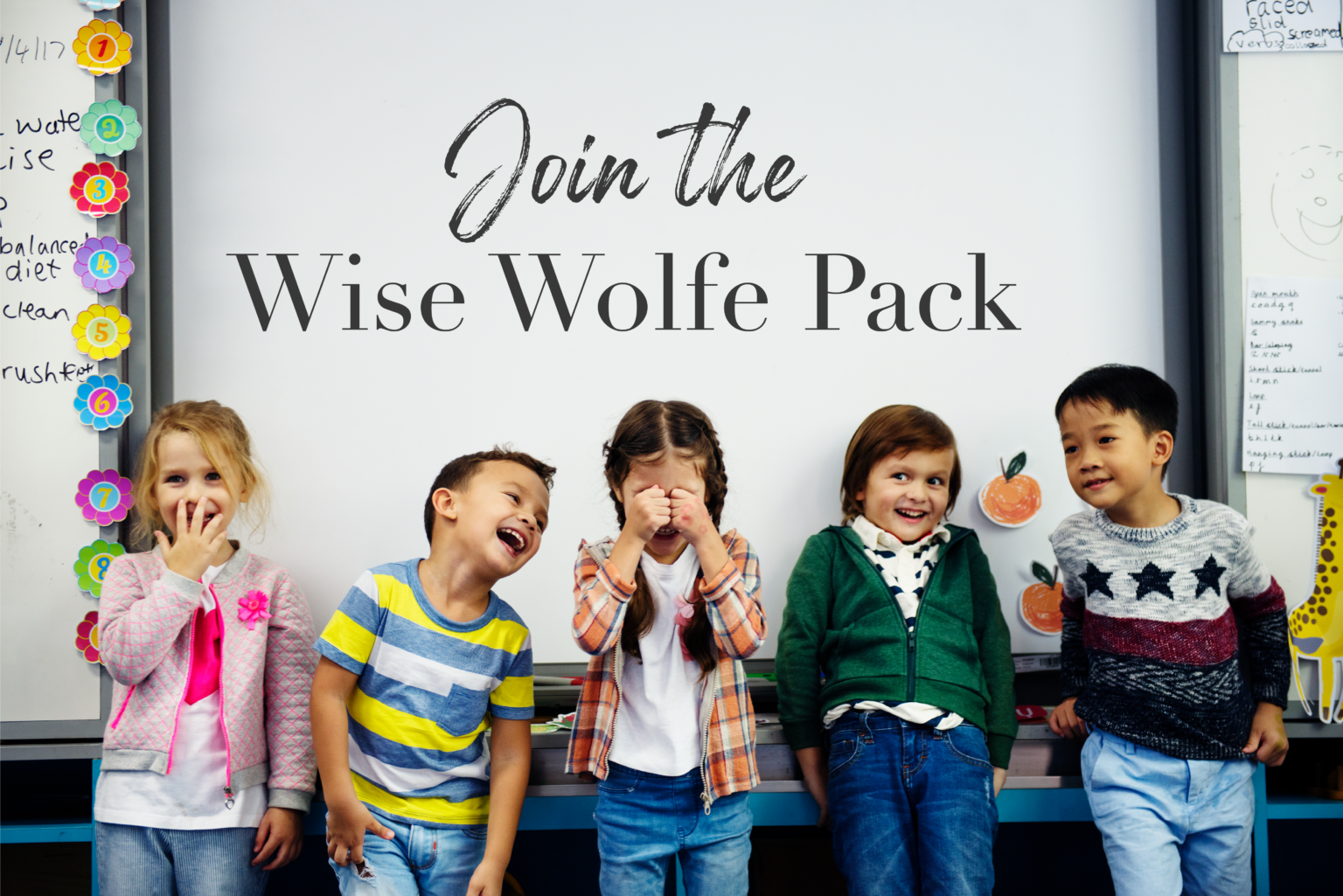Make it a good school year!
DOWNWARD SPIRAL
Educational research makes us aware of a possible downward school achievement spiral which begins with one “bad year” at school. The spiral follows a “bad year” because, as the research says, it then takes two “good years” for a young student to recover and return to an optimal level of learning and participating. So, every year parents and teachers have to be asking, HOW to ensure a good year for this child.
A “good year” does not require a child to be good at everything. In fact, it might be surprising that a “good year” does not even require a child to be particularly good at learning. However, a “good year” does require a student to have “good enough” relationships with all the adults in charge. When relationships are “good enough”, the school feels like a natural habitat for this child so teachers can work with emotions, feelings, and attitudes as the foundation for open minded readiness for learning and participating.
EMOTIONS FEELINGS & ATTITUDES
Let this premise sink in. Emotions, feelings, and attitudes are the building blocks of emotional development. Because learning is maximized by emotional maturation, we need to know this is where our work is located. Furthermore, those parents and teachers working closely together on making this a “good year”, are the “agents of development” necessary to create “agency for learning” in this child. Isn’t that the essence of the issue?
Those of us who are in touch with our emotions, feelings, and attitudes are not easily hijacked by intense emotions like shame and alienation. Then I am vulnerable enough to feel embarrassed instead of blaming myself as the stupid one (shame) or feel lonely and look for a new friend instead of labeling myself unlovable (alienation). Plus, attitudes impact our mood and mindset for activities and events at school. So adults deeming themselves to be the “agent of development” will be ready to remind this child of the secret sauce found in a positive mind set, or prime readiness for new learning, group work, or being an active listener.
DISCIPLINE TIPS
A couple of discipline principles are: use relational connection not separation to bring a child’s behavior into line, solicit good intentions instead of demanding good behavior, and when unable to change the child’s troublesome behavior, change the child’s immediate environment instead (Neufeld, 2015). So, try these basic but powerful Relational-Developmental interventions for impacting emotions, feelings, and attitudes. Remember the task is to be the “agent of development” so we are nurturing an “agent of learning”.
ONGOING ORIENTATION& a Relational Enhancement intervention (Wolfe, 2018)
Our purpose is to become a more dependable leader for this child by informing them about each step. We reveal the hows and whys of rules, procedures, timelines, and outcomes in a running commentary if necessary, so our words DO NOT feel like corrections, directives, or ultimatums. Adults become the calm, wealthy source of information.
We are building trust with this child, as the adult in charge and they will be more likely to come to us for help.
– In order to NOT “create a divide” it will be necessary to let go of an expectation of compliance in that moment, to our attempts to orient this child. Instead we are full of patience to get voluntary attention & cooperation from this child, because volunteering is the essential ingredient to authentic relationships.
MATCHMAKING (Macnamara, 2016) a Relational Enhancement intervention (Wolfe, 2018)
1. Matchmake to self: Starts with the teacher saying out loud “I like you. I understand you.” so the student is not left wondering, because many children have experienced too often in life already, not being liked and not being understood.
2. Parents Matchmake: Matchmaking should be done by parents who say,“you have a good teacher, your teacher likes you, your teacher understands you”.
3. Teachers Matchmake: Likewise, teachers build relationship with a student by saying “I met your Mom/Dad and they are really nice, they know you are smart”. Administrators should be matchmaking child to teacher, teachers should be matchmaking child to administrators, and even student to student to create friendships this child cannot form on their own.
4. Village of Attachment: But more than this, Matchmaking is useful in constructing a village of Attachment that extends beyond the teacher to other adults in the building. Dependable, authentic relationships with several school staff gives the message that adults are in charge and further encourages Help Seeking in a student, which is an important ingredient of resilience.
PRIME SOCIAL AWARENESS an Emotional Coherence intervention (Wolfe, 2018)
If children/teens are corrected/reprimanded for social awkwardness in public this can evoke overwhelming embarrassment. Further, being embarrassed in public will leave lingering feelings of anger, guilt, or shame and each one of these strong emotions can be difficult for a child to manage. So, instead use “sound bites” to remind students of previous teaching points and coach through the moment. If we want to retain our status as the leader, we have to lead students through social terrain.
Try saying these:
1. expected/unexpected (there are surprises that might feel scary)
2. add to the fun (take part in a supportive, fun way)
3. private thought (that thought should not be shared right now)
4. flexible brain (go with the flow right now)
5. indoor voice (you are being too noisy)
6. personal bubble (be aware of the personal space of others)
Hope these are helpful. Emotional Development – love this topic!
REFERENCES
Macnamara, D. (2016). Rest play grow. Vancouver: Aona Books.
Wolfe, D. (2018). Applied attachment thinking for schools: Interventions. [YouTube presentation]. Retrieved from https://www.youtube.com/channel/UCI1zTQf694YxJW-tw28G0BA?view_as=subscriber








